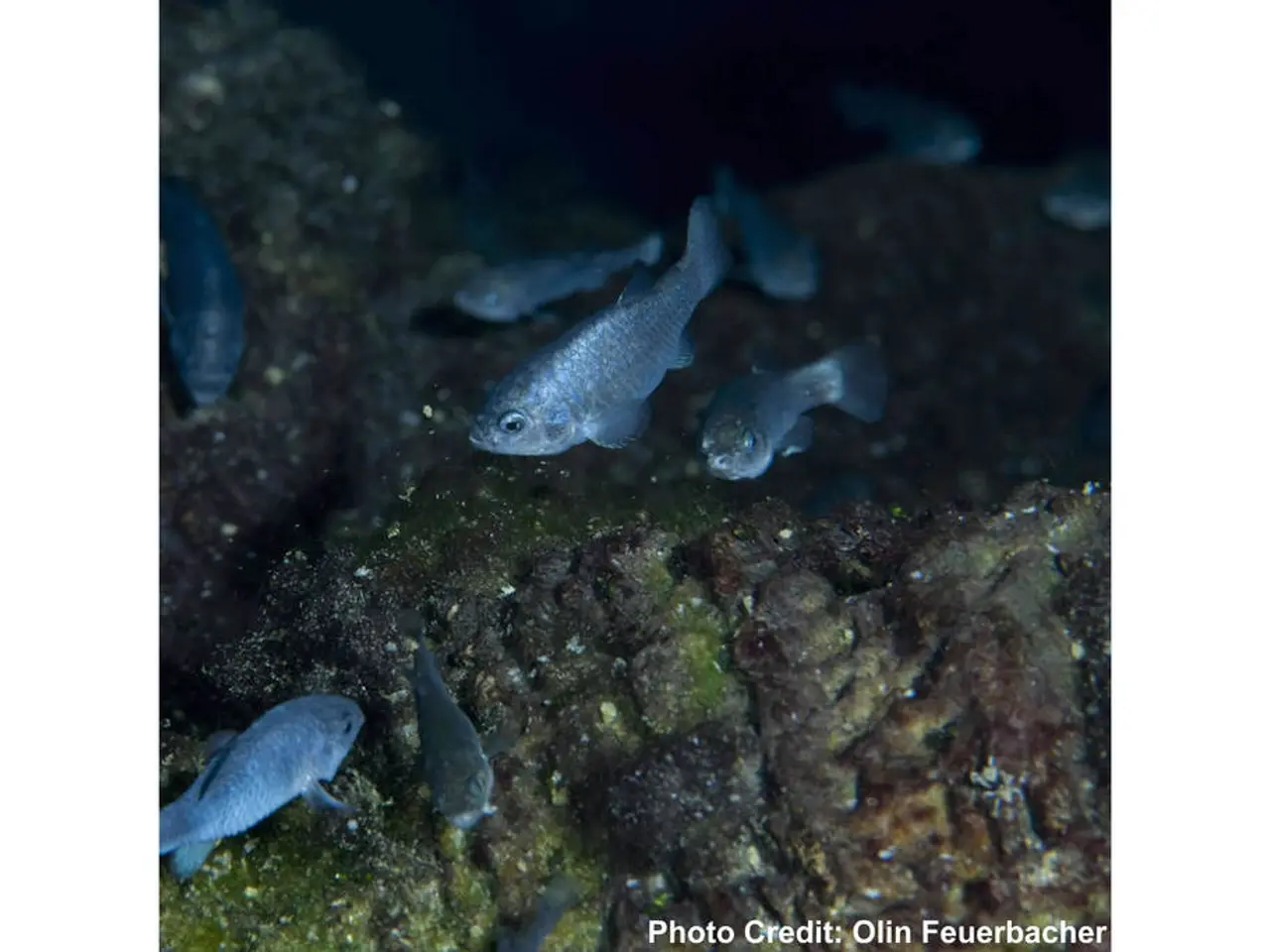Exploring the Internal Motivations Driving Deceit and Untruthfulness
=====================================================================
Lying is a common human behavior that is deeply ingrained in society, and understanding why we lie and the effects it can have is crucial for nurturing healthier personal and societal relationships.
Some lies are crafted to manipulate or deceive others for personal gain, while others are told to protect our public persona or avoid answering personal questions. Chronic lying can erode trust, affect relationships, and damage the liar's credibility.
People lie due to a variety of psychological factors, including low self-esteem, personality traits, past childhood experiences, and the desire for social gain or attention. Certain personality disorders contribute to habitual lying driven by impulsivity or a need for admiration. Personality traits such as Machiavellianism, narcissism, and psychopathy correlate with higher lying tendencies, while traits like conscientiousness and agreeableness tend to promote honesty.
Identifying falsehoods in everyday life involves recognizing behavioral inconsistencies, exaggerated storytelling, selective memory patterns favoring details that paint the person positively while omitting damaging information, and defensive reactions such as attacking the questioner or shifting blame. Liars may also demonstrate a sense of entitlement and show little empathy for those affected by their falsehoods.
In relationships, lack of transparency due to white lies can hinder the genuine understanding of each other's true selves. White lies can gradually create a barrier between individuals, obscuring the truth and preventing deeper connections.
Engaging with a therapist or counselor can be beneficial for those struggling with habitual lying, helping them to foster more authentic interactions and a truthful life. Cognitive behavioral therapy can help reduce lying by addressing the underlying thought patterns, while building self-esteem and stress management techniques may reduce the compulsion to lie for attention or validation.
It is essential to promote open and honest communication to reduce the need for deception and enhance our collective trust and integrity. While there are circumstances where lying is viewed as acceptable, such as lying to surprise someone, protect someone from immediate harm, or when withholding the truth serves a greater moral purpose, it is crucial to strive for honesty in our daily interactions.
In sum, lying is complex and linked both to internal psychological factors and external social contexts. Detecting lies relies on observing behavioral and psychological cues that deviate from truthful patterns. By understanding the psychology behind lying, we can work towards fostering healthier relationships and promoting a culture of honesty and transparency.
References:
[1] Bok, S. (1978). Lying: Moral Choice in Public and Private Life. Penguin Books.
[2] DePaulo, B. M., Lindsay, J. D., Malone, P. A., Muhlenbruck, L., Charlton, K., & Cooper, H. (1996). Cues to Deceit. Psychology Press.
[3] Ekman, P., & O'Sullivan, M. (2011). Telling Lies: Clues to Deceit in the Marketplace, Politics, and Marriage. W. W. Norton & Company.
[4] Kashy, D. A., & DePaulo, B. M. (2008). The social psychology of deception and honesty. Annual Review of Psychology, 59, 633-657.
Truth is a fundamental pillar of authentic relationships and personal growth, yet deception can erode trust and impede mental health. Science sheds light on the psychological factors that influence lying, such as low self-esteem, personality traits, and the desire for social gain or attention. Recognizing signs of deception, like inconsistencies in behavior or selective memory, is crucial to navigating health-and-wellness, education-and-self-development, and promoting human connection. Cognitive behavioral therapy can help those struggling with deception to cultivate honesty, improve self-esteem, and manage stress effectively. Ultimately, the pursuit of personal growth demands a commitment to truthfulness and the promotion of open and honest communication to foster a culture of integrity and transparency.




